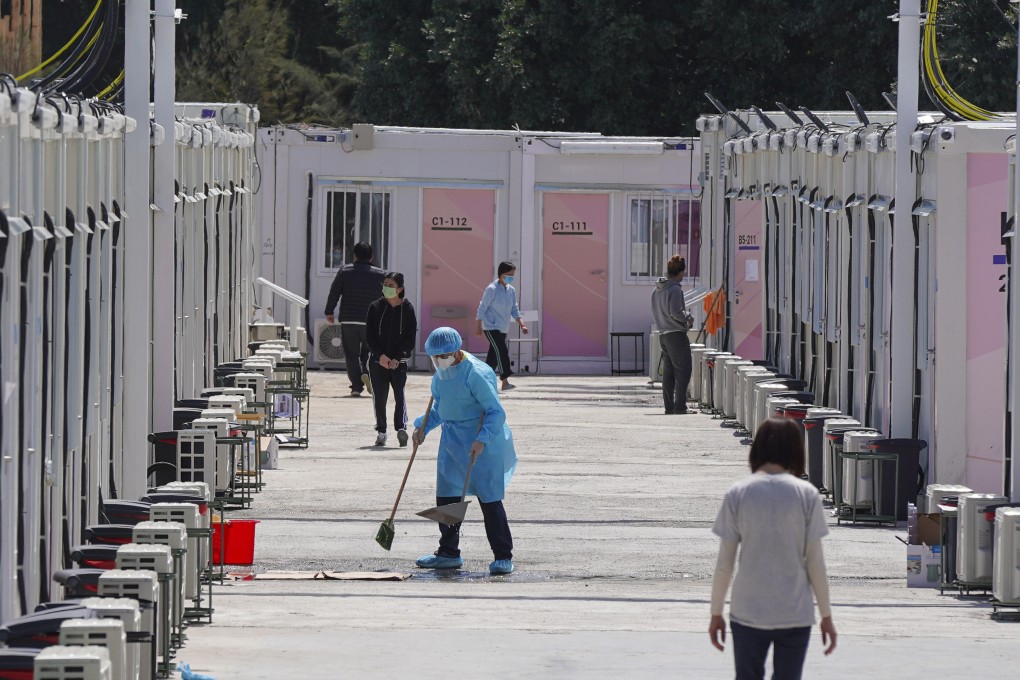Advertisement
Letters | More beds for Covid-19 patients, but with a shortage of nurses, who will care for them?
- Readers discuss the pros and cons of government plans to convert more public spaces into Covid-19 isolation facilities, the power of community outreach, the need for frank talk on mainland border reopening, and more transparency on projects funded by Jockey Club
Reading Time:4 minutes
Why you can trust SCMP

Feel strongly about these letters, or any other aspects of the news? Share your views by emailing us your Letter to the Editor at [email protected] or filling in this Google form. Submissions should not exceed 400 words, and must include your full name and address, plus a phone number for verification.
In the government press conference on Wednesday, the chief executive announced ambitious goals to reduce Covid-19 deaths by creating more than 16,000 extra beds in public and temporary hospitals, and by converting public spaces, including seven sports grounds, into isolation and respite facilities for infected elderly patients who require health monitoring. Elderly Covid-19 patients who have mild symptoms, or who are assessed to be fit for hospital discharge but for whom home isolation may be risky, can be transferred to these facilities.
Such plans raise some concerns. First, an appropriate assessment will need to be made of each patient’s fitness to be discharged and admitted to an isolation facility. Otherwise, the assumption that patients can instead be taken care of in these facilities may very well lead to a compromise of the criteria for discharge, resulting in premature discharges to increase patient turnover. This would risk patient safety and create the potential for infecting others in the community.
Advertisement
Second, the number of beds in these new isolation facilities may be insufficient to cope with the three-way influx of patients discharged from hospitals, those coming from residential care homes, and elderly arriving from the wider community. In planning for these facilities, the government should ensure that the number of beds will remain on par with the hospitalisation rate and need for post-discharge monitoring.
Third, it is unclear what the required staffing ratio for these new facilities will be, and whether our staffing recruitment strategies can feasibly get us to this goal. We must have a clear implementation plan with a timeline for the recruitment of nurses and carers for patients.
Advertisement
Hospital Authority staff have already been stretched too thin. The government must expedite the process at which new nursing personnel, such as those from the private sector and nursing schools, are recruited and trained.
Advertisement
Select Voice
Select Speed
1.00x